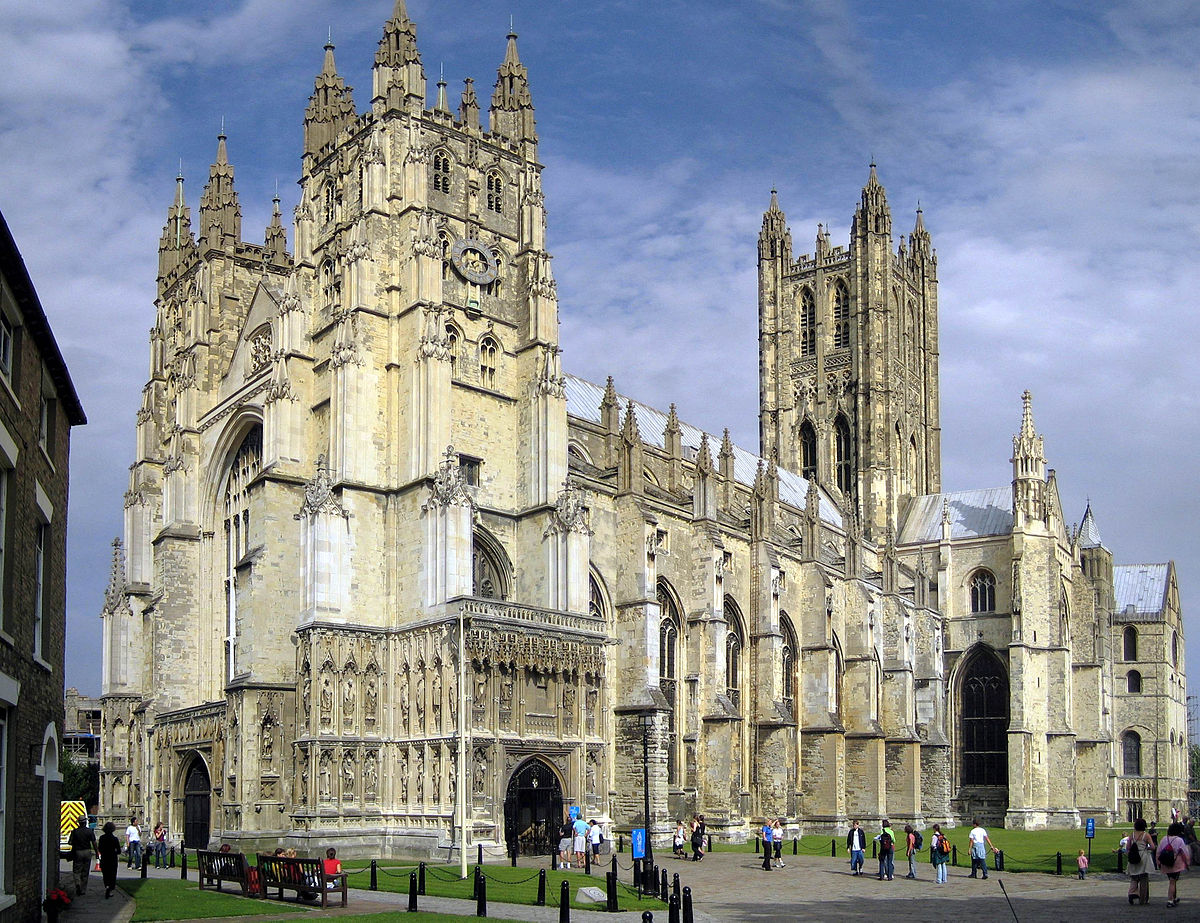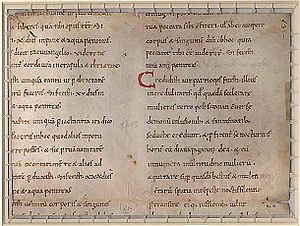Manual Of Christian Reformed Church Government Structure
May 18, 2016 The newly revised Manual of Christian Reformed Church Government by Rev. Peter Borgdorff is now available for order through Faith Alive Christian Resources in hard copy or downloadable versions through the new online Digital Library.
Question: 'What is a Congregational Church / Congregationalism?'Answer: Congregationalism speaks of a form of church government. “Episcopal” church government is rule by bishops, “presbyterian” church government is rule by elders, and “congregational” church government is rule by the congregation. Episcopal government usually includes a hierarchy over the local church, and presbyterian government sometimes does as well. Congregational government nearly always avoids such hierarchy, maintaining that the local church is answerable directly to God, not some man or organization. Congregational government is found in many Baptist and non-denominational churches.
 In addition to those churches which practice a congregational form of government, there are also those which call themselves Congregational Churches. Most of these are affiliated with the United Church of Christ, the National Association of Congregational Christian Churches, or the Conservative Congregational Christian Conference. These groups share a common history which is traced to the New England Puritans.
In addition to those churches which practice a congregational form of government, there are also those which call themselves Congregational Churches. Most of these are affiliated with the United Church of Christ, the National Association of Congregational Christian Churches, or the Conservative Congregational Christian Conference. These groups share a common history which is traced to the New England Puritans.In 1648, the Massachusetts Bay Colony Puritans drew up the Cambridge Platform as a means of protecting their assemblies from interference by unfriendly authorities in England and to formulate a common church polity based on Scripture. While formally still a part of the Church of England, these Puritans were unwilling to conform to the corruptions in the forms of worship and government that they saw in the church. Stepping outside the authority of the mother church, the Platform declared that “a company of professed believers ecclesiastically confederate” is a church, with or without officers. This clearly separated them from all forms of hierarchical church government.
The Congregational churches eventually merged with the Christian churches, which had separated from the Methodists, Baptists, and Presbyterians in the late 1700s and early 1800s. This new group maintained the congregational form of government, and with the strong emphasis on the autonomy of the local church, tolerance of doctrinal variations was essential.
While the Congregational Christian Churches were growing, two other groups were formed that would eventually become part of the United Church of Christ. German settlers in Pennsylvania formed the Reformed Church in 1725, and many years later, German settlers in Missouri formed the Evangelical Church in 1841. These bodies merged in 1934 to become the Evangelical and Reformed Church.
In 1957, the Evangelical Reformed Church merged with the Congregational Christian Churches to become the United Church of Christ. According to their web page, the UCC is an “extremely pluralistic and diverse denomination.” Because of their firm adherence to the autonomy of the local church, the denomination cannot impose doctrine onto individual churches. Likewise, because of the belief in freedom of individual conscience, the local church has a hard time imposing doctrine on its members. While they celebrate the historic creeds and confessions of the church, they do not recognize them as authoritative tests of orthodoxy, but as “testimonies of faith.” Since “faith can be expressed in many different ways,” the UCC has no formula that is a test of faith. Members of each congregation covenant with one another and with God in “trustful relationships rather than legal agreements.” The result of this doctrine is a wide variance of beliefs and practices, with no consistency or standard for churches or people.
The National Association of Congregational Christian Churches was formed in 1955 in response to the pending formation of the United Church of Christ. These churches believed that the new denomination would create unwieldy bureaucracies and hinder the freedoms of local churches. These churches are more independent and self-directing than those within the UCC and tend to hold even more liberal positions in doctrine and practice.
The third group is the Conservative Congregational Christian Conference, which was formed in 1948 in opposition to the liberal theology making inroads in other Congregational churches. While generally holding to the basic doctrines of the Christian faith, these churches are unwilling to break fellowship over secondary issues. The result is a rather tenuous fellowship where churches can hold widely varying beliefs, try to take a stand on a biblical position, yet be unable to hold one another accountable for discrepancies.
Christian Reformed Church Visalia
In summary, Congregational churches recognize the sovereignty of Christ over His Church and make that a touchstone of their faith. What some congregational churches fail to recognize is the duty that all believers have to correct and instruct one another. In 2 Thessalonians 3:6, the believers were commanded to withdraw themselves from “to keep away from every brother who is idle and does not live according to the teaching you received from us.” Likewise in 1 Timothy 6:3,5 (NKJV), we are told “If anyone teaches otherwise and does not consent to wholesome words, even the words of our Lord Jesus Christ, and to the doctrine which accords with godliness...from such withdraw yourself.” In Paul's letter to the Galatians, we find repeated references to correcting or withdrawing from those who teach or practice falsehood (Galatians 2:5, 11; 4:16; 6:1). God's design for believers is that we would be conformed to the image of His Son (Romans 8:29) and that our fellowship be based on a unity of faith and practice (Philippians 3:16).
Question: 'What is the Christian Reformed Church in North America (CRC or CRCNA)?'
Answer:
 The Christian Reformed Church in North America is a Reformed church that separated from what eventually became known as the Reformed Church in America (RCA) in 1857. The split between the Reformed Church in America and Christian Reformed Church occurred due to the increasingly liberal drift of the RCA. The official website of the CRCNA is CRCNA.org.
The Christian Reformed Church in North America is a Reformed church that separated from what eventually became known as the Reformed Church in America (RCA) in 1857. The split between the Reformed Church in America and Christian Reformed Church occurred due to the increasingly liberal drift of the RCA. The official website of the CRCNA is CRCNA.org.Christian Reformed Church Beliefs

Theologically, the Christian Reformed Church is solidly conservative and evangelical. It holds to the infallibility and authority of Scripture, salvation by grace through faith alone, the Trinity, and the deity of Christ. It holds to the Apostles’ Creed, the Athanasian Creed, and the Nicene Creed, as well as the Belgic Confession, the Heidelberg Catechism, and the Canons of Dort. More information on the beliefs of the CRCNA can be found here: https://www.crcna.org/welcome/beliefs. Their “Our World Belongs to God” contemporary testimony is their modern revision of the historic Reformed confession.
In line with its historic Reformed roots, the Christian Reformed Church is strongly Calvinistic and has a Presbyterian, “elder rule” form of church government. Christian Reformed churches are usually very active socially, taking conservative stances on abortion and gay marriage. The only two areas of significant disagreement we have with the CRC are on the issues of women pastors and amillennialism. While these differences should not be ignored, they do not prevent us from considering members of Christian Reformed churches to be our brothers and sisters in Christ.